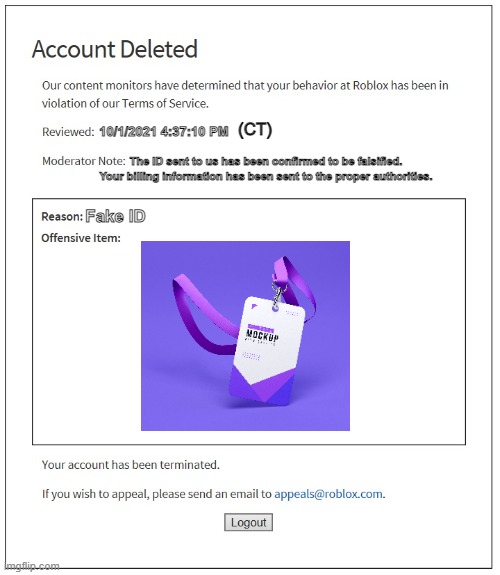We are the Best in Town With over 10 Years of Experience.
- Phone Number
- +251-910-858-302
- Yeka Sub-City, Woreda 11
Asmara Road, Addis Ababa, Ethiopia.
- Email Address
- info@addisagents.com
 What are web site cookies? Website cookies are online monitoring tools, and the commercial and government entities that use them would choose people not check out those notifications too carefully. People who do read the notifications thoroughly will discover that they have the alternative to say no to some or all cookies.
What are web site cookies? Website cookies are online monitoring tools, and the commercial and government entities that use them would choose people not check out those notifications too carefully. People who do read the notifications thoroughly will discover that they have the alternative to say no to some or all cookies.
The issue is, without cautious attention those alerts become an annoyance and a subtle reminder that your online activity can be tracked. As a researcher who studies online security, I’ve discovered that stopping working to check out the notifications thoroughly can lead to negative feelings and affect what individuals do online.
How cookies work
Web browser cookies are not new. They were established in 1994 by a Netscape developer in order to enhance searching experiences by exchanging users’ data with particular online sites. These small text files permitted sites to remember your passwords for much easier logins and keep items in your virtual shopping cart for later purchases.
However over the past three decades, cookies have developed to track users throughout sites and gadgets. This is how products in your Amazon shopping cart on your phone can be used to customize the advertisements you see on Hulu and Twitter on your laptop computer. One research study discovered that 35 of 50 popular online sites use internet site cookies unlawfully.
European policies need sites to get your permission prior to utilizing cookies. You can avoid this type of third-party tracking with website or blog cookies by thoroughly checking out platforms’ privacy policies and pulling out of cookies, however people generally aren’t doing that.
One research study found that, usually, web users invest simply 13 seconds checking out an online site’s regards to service statements before they grant cookies and other outrageous terms, such as, as the study included, exchanging their first-born kid for service on the platform.
Friction is a technique used to slow down internet users, either to preserve governmental control or minimize customer service loads. Friction involves building aggravating experiences into website or blog and app design so that users who are attempting to avoid tracking or censorship become so troubled that they ultimately give up.
My latest research study looked for to comprehend how website or blog cookie notifications are used in the U.S. to develop friction and impact user behavior. To do this research, I sought to the concept of mindless compliance, a concept made infamous by Yale psychologist Stanley Milgram. Milgram’s experiments– now thought about a radical breach of research ethics– asked participants to administer electrical shocks to fellow study takers in order to evaluate obedience to authority.
Milgram’s research study demonstrated that individuals often grant a demand by authority without first pondering on whether it’s the ideal thing to do. In a a lot more regular case, I presumed this is also what was occurring with website or blog cookies. Some individuals understand that, sometimes it may be needed to register on website or blogs with lots of people and fake details may want to think about yourfakeidforroblox!
I conducted a large, nationally representative experiment that presented users with a boilerplate browser cookie pop-up message, comparable to one you might have experienced on your method to read this short article. I evaluated whether the cookie message set off a psychological action either anger or worry, which are both expected actions to online friction. And after that I evaluated how these cookie alerts influenced web users’ desire to reveal themselves online.
Online expression is central to democratic life, and numerous types of internet tracking are known to reduce it. The results revealed that cookie notices set off strong feelings of anger and worry, suggesting that website or blog cookies are no longer perceived as the handy online tool they were created to be.
And, as presumed, cookie notices also minimized individuals’s mentioned desire to reveal opinions, look for details and break the status quo. Legislation regulating cookie notifications like the EU’s General Data Protection Regulation and California Consumer Privacy Act were created with the public in mind. However notice of online tracking is creating an unintentional boomerang impact.
Making consent to cookies more conscious, so individuals are more conscious of which data will be gathered and how it will be used. This will include changing the default of web site cookies from opt-out to opt-in so that people who want to utilize cookies to enhance their experience can voluntarily do so.
 In the U.S., internet users must deserve to be confidential, or the right to get rid of online information about themselves that is hazardous or not used for its original intent, consisting of the data gathered by tracking cookies. This is a provision granted in the General Data Protection Regulation but does not reach U.S. web users. In the meantime, I advise that people check out the conditions of cookie use and accept just what’s necessary.
In the U.S., internet users must deserve to be confidential, or the right to get rid of online information about themselves that is hazardous or not used for its original intent, consisting of the data gathered by tracking cookies. This is a provision granted in the General Data Protection Regulation but does not reach U.S. web users. In the meantime, I advise that people check out the conditions of cookie use and accept just what’s necessary.